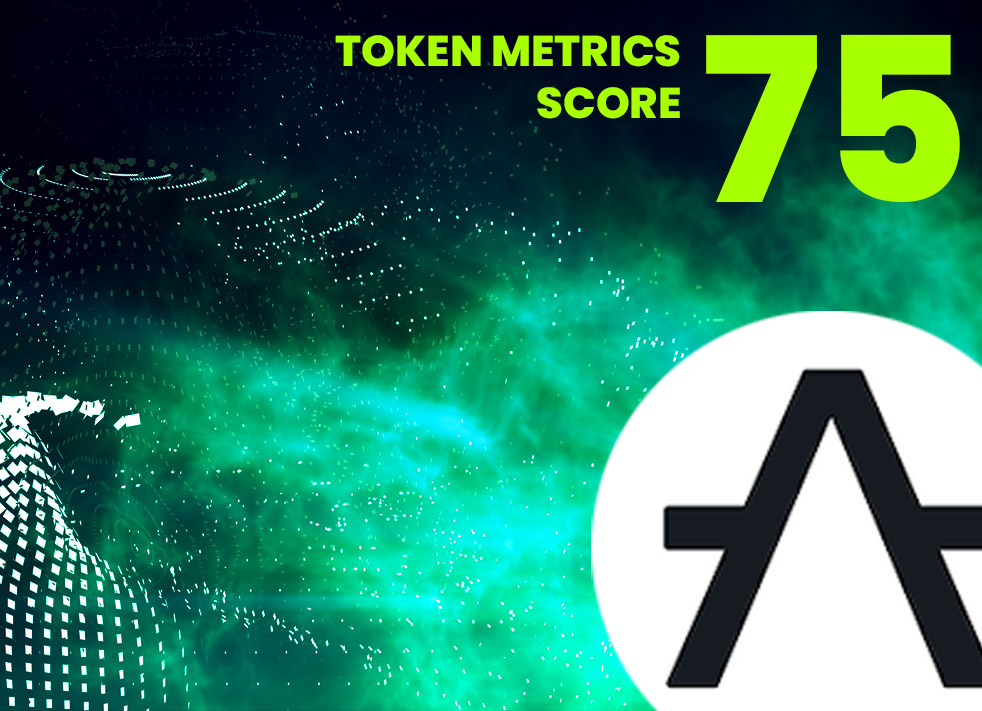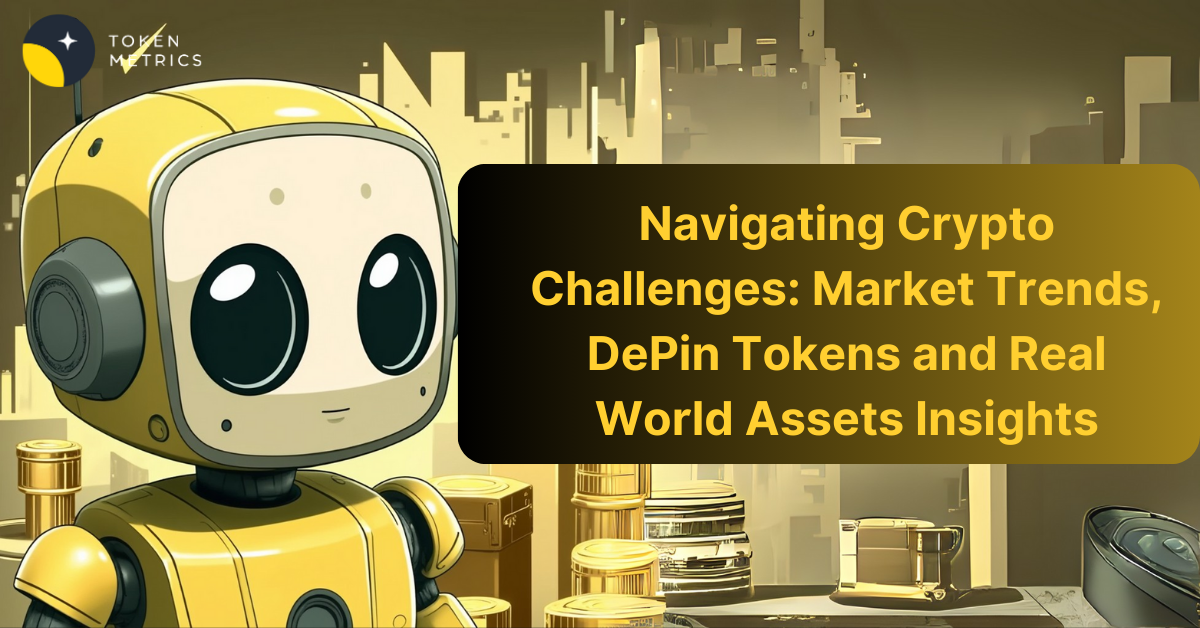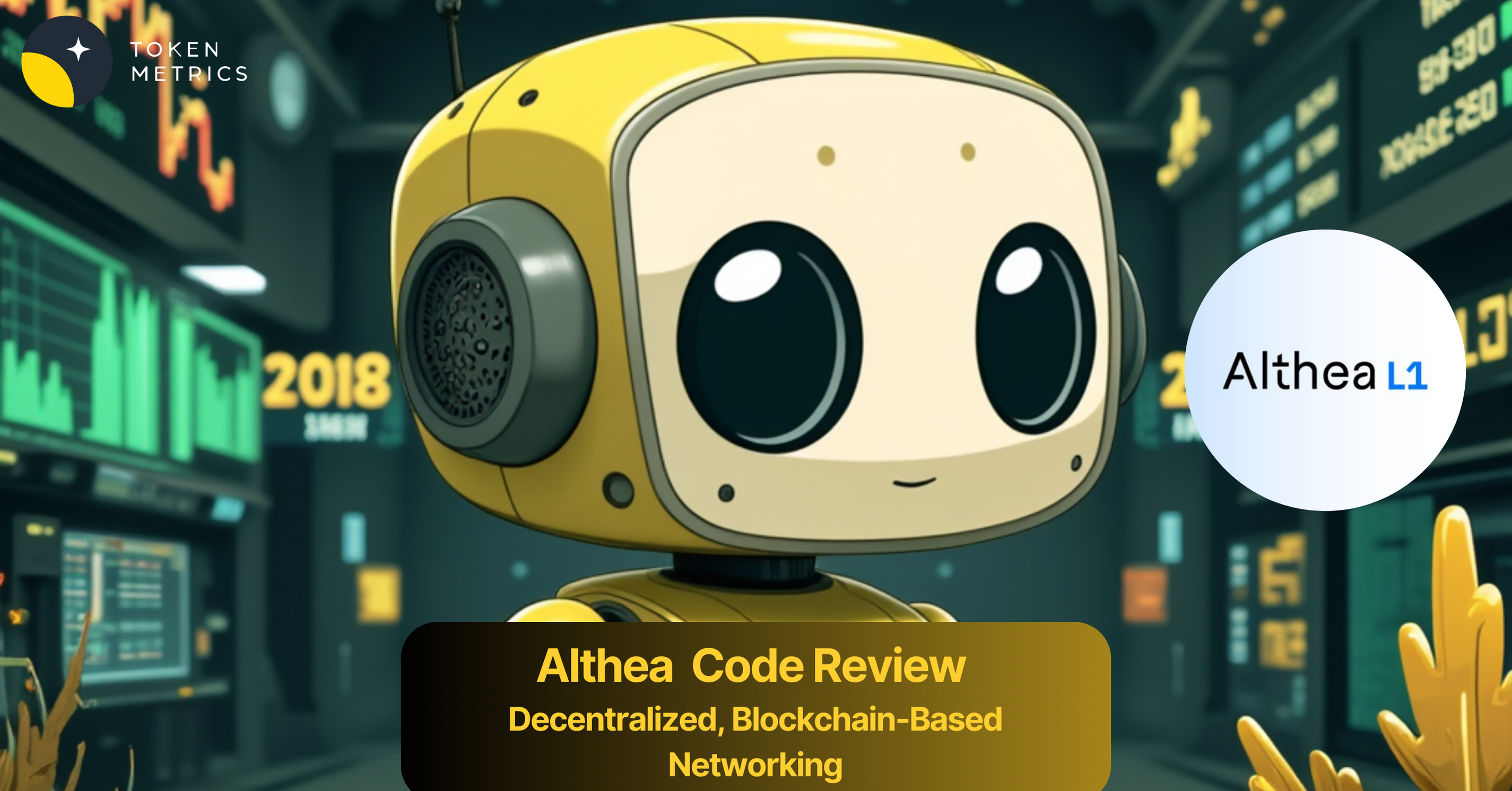Introduction
Aleph Zero is a leading-edge blockchain technology that emphasizes enhanced privacy without compromising scalability or security. This Layer 1 solution, with its innovative features and ambitious product roadmap, positions itself as an optimal choice for businesses seeking the benefits of decentralized technologies.
Innovation
Aleph Zero brings a fresh approach to the blockchain arena with a multitude of innovations:
- A unique “hub and spoke” model lets businesses establish private instances that can communicate seamlessly with the primary decentralized ledger, combining the best of privacy and trustless inter-business interactions.
- AlephBFT Consensus protocol sets itself apart with its capacity to tolerate up to 33% malicious committee members, ensuring robust security. It utilizes a DAG (Directed Acyclic Graph) as an intermediary, optimizing time to finality and enabling simultaneous block creation by multiple users.
Architecture
The foundational architecture of Aleph Zero integrates seamlessly with the Substrate stack, creating a familiar environment for developers experienced with Rust. This integration facilitates WASM-based contract support and ensures the flexibility and robustness of the system.
Code Quality
Aleph Zero’s core development is led by the Cardinal Cryptography team, known for its rigorous adherence to best coding practices. Although the development of Liminal, their privacy layer, is ongoing, the existing codebase stands out for its quality and stability.
Product Roadmap
2023 promises to be a significant year for Aleph Zero:
- Launch of Liminal 1.0: Introduction of on-chain ZK-SNARK proof verification, an advanced privacy feature.
- Liminal 2.0 on the horizon: This version aims to integrate a private smart contract engine, taking data privacy and security to a new level.
Usability
The Aleph Zero ecosystem caters to a wide range of needs:
- Aleph Zero Cloud: A decentralized file storage solution backed by IPFS.
- Smart Contracts: Scalable and private, with upcoming enhanced privacy via Liminal.
- Common: A trustless, decentralized exchange (DEX) integrated with a universal wallet.
- Liminal: A cross-network privacy layer enhancing all bridged networks.
- Wallet & Explorer: While Aleph Zero offers its proprietary web wallet, it collaborates with multiple third-party wallet providers. Additionally, Aleph Zero’s explorer is powered by Subscan, ensuring high precision and reliability.
Aleph Zero Team
At the helm of Aleph Zero is the Cardinal Cryptography team. Their expertise and dedication shine through the platform’s innovative features and progressive roadmap. Their contributions have significantly shaped the current landscape and future potential of Aleph Zero.
Conclusion
Aleph Zero is more than just another addition to the blockchain universe. Its unique features, forward-thinking architecture, and commitment to privacy and scalability mark it as a frontrunner in decentralized technologies tailored for businesses. As it continues to evolve and grow, it holds great promise in reshaping how businesses perceive and interact with blockchain technologies.
After mainnet launch, the project is expected achieved a commendable rating of 89.09%
| Initial Screening | |||
| Keep researching | |||
| Does this project need to use blockchain technology? | Yes | ||
| Can this project be realized? | Yes | ||
| Is there a viable use case for this project? | Yes | ||
| Is the project protected from commonly known attacks? | Yes | ||
| Are there no careless errors in the whitepaper? | Yes | ||
| Project Technology Score | |||
| Description | Scorecard | ||
| Innovation (Out Of 11) | 9 | ||
| How have similar projects performed? | Good | 2 | |
| Are there too many innovations? | Regular | 2 | |
| Percentage of crypto users that will use the project? | 6% – 10% | 3 | |
| Is the project unique? | Yes | 2 | |
| Architecture (Out of 12) | 11 | ||
| Overall feeling after reading whitepaper? | Good | 2 | |
| Resistance to possible attacks? | Good | 2 | |
| Complexity of the architecture? | Not too complex | 2 | |
| Time taken to understand the architecture? | 20-50 min | 1 | |
| Overall feeling about the architecture after deeper research? | Good | 4 | |
| Has the project been hacked ? | No | 0 | |
| Code Quality (out of 15) | 13 | ||
| Is the project open source? | Yes | 2 | |
| Does the project use good code like C,C++, Rust, Erlang, Ruby, etc? | Yes | 2 | |
| Could the project use better programming languages? | No | 0 | |
| Github number of lines? | More than 10K | 1 | |
| Github commits per month? | More than 10 | 2 | |
| What is the quality of the code? | Good | 2 | |
| How well is the code commented? | Outstanding | 2 | |
| Overall quality of the test coverage? | Good | 1 | |
| Overall quality of the maintainability index? | Good | 1 | |
| When Mainnet (out of 5) | 0 | ||
| When does the mainnet come out? | Mainnet Ready | 0 | |
| Usability for Infrastructure Projects (out of 5) | 5 | ||
| Is it easy to use for the end customer? | Yes | 5 | |
| Team (out of 7) | 6 | ||
| Number of active developers? | 5+ | 2 | |
| Developers average Git Background? | Intermediate | 1 | |
| Developers coding style? | Outstanding | 3 | |
| Total Score (out of 55) | 44 | ||
| Percentage Score | |||
| Innovation | 16.36% | ||
| Architecture | 20.00% | ||
| Code Quality | 23.64% | ||
| Mainnet | 0.00% | ||
| Usability | 9.09% | ||
| Team | 10.91% | ||
| Total | 80.00% |





